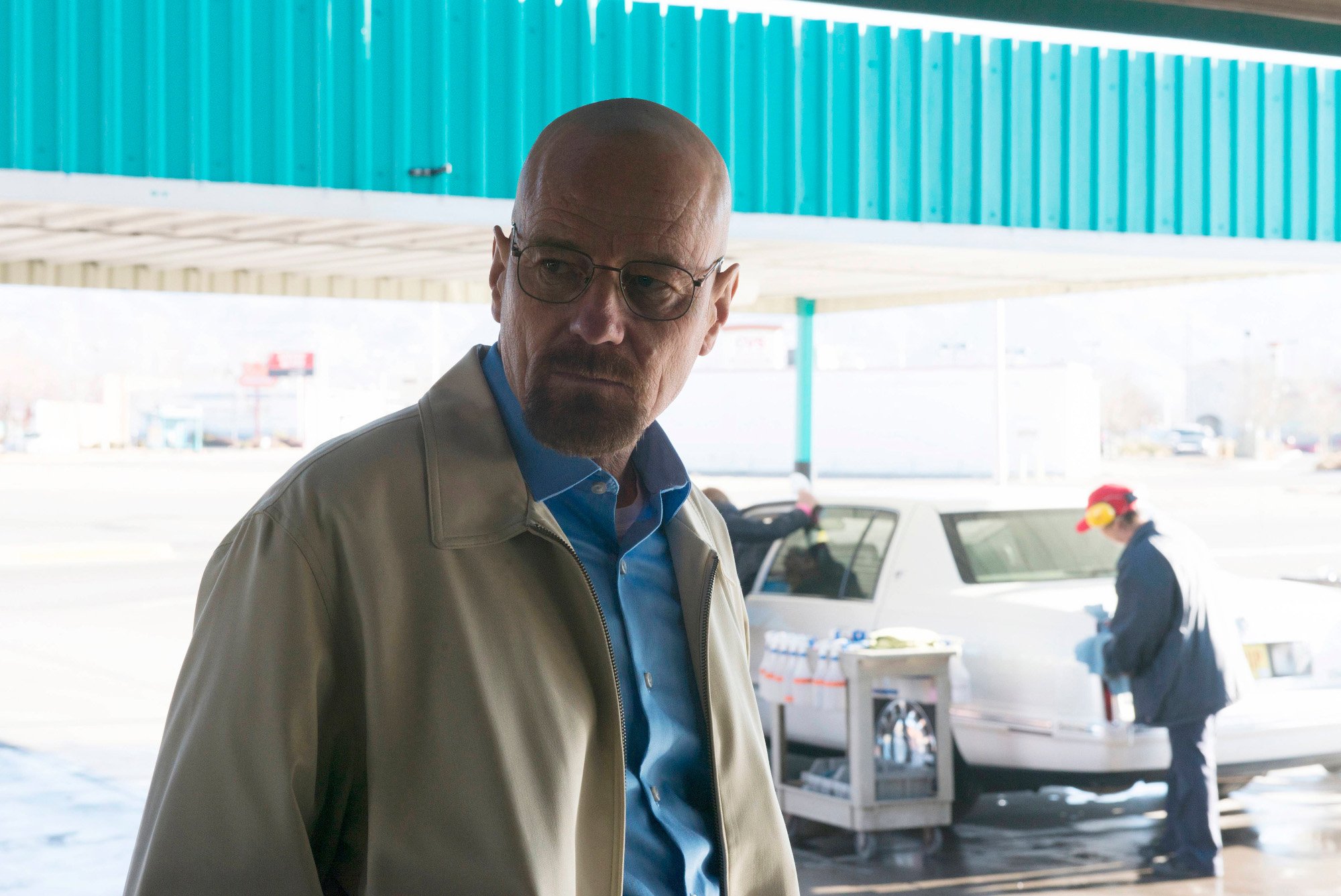‘Breaking Bad’: 5 Walter White Moments That Pushed Him Beyond Redemption
Breaking Bad is often praised as one of the greatest series of the 21st century, and viewers only need to look at Bryan Cranston’s performance as Walter White to understand why. A chemistry teacher turned dangerous drug lord, Walter undergoes a transition during the AMC series that’s difficult to pull away from. He’s basically a different person by the end of the show — and these five moments pushed him beyond the hope of redemption.
Gale’s murder marked a turning point in ‘Breaking Bad’

The third season of Breaking Bad sees Walter White convincing Jesse Pinkman (Aaron Paul) to murder Gale (David Costabile), a last-ditch attempt to save them both from Gus Fring’s (Giancarlo Esposito) wrath.
Although Gale did nothing to deserve this turn of events, he’s the only person who knows Walt and Jesse’s meth-making process. With him gone, Gus can’t kill the two of them — at least, not if he wants to continue selling drugs made with their recipe.
This is one of the first times Walter condemns a relatively innocent person to death, but the way he does so also puts him beyond redemption. With Cranston’s character unable to do his own dirty work, he forces Jesse to pull the trigger. That sends his partner spiraling, consumed by the guilt of what they’ve done.
Of course, Gale’s murder is the first of many sacrifices Walter and Jesse make to save their own skin. In a way, his demise proves a turning point for the characters — one that promises there’s no going back to who they used to be.
Killing Jane Margolis was a new low for Walter White
Between the blackmail and her encouragement of Jesse’s vices, Jane Margolis (Krysten Ritter) may have given Walter White a reason to be angry with her. However, her Breaking Bad certainly didn’t deserve to die the way she did.
Her death marks a new low for Walter White, who stands by and watches as Jesse’s girlfriend chokes to death on her own vomit. To make matters worse, Walter acts as though nothing happened for the majority of the series. He lets Jesse believe he had no part in Jane’s death, even acting sympathetic toward her partner as he grieves.
Walter White’s callous treatment of Jane in Breaking Bad highlights his descent, showing viewers that he’s become someone with little remorse for his victims. Her death proves Walt will do anything to get ahead — even if it means letting a young girl die to further his own plans.
To defeat Gus Fring, Walter became as dangerous as him
During Walter White’s early days of working for Gus Fring (Giancarlo Esposito), it’s easy to view him as the more sympathetic Breaking Bad character. Gus threatens Walt’s livelihood, family, and life over the course of their time together. However, he attempts to fire Walter without taking his life — something unheard of in their line of work.
Even still, Walter feels the need to ensure that Gus can’t hurt the people he cares about. But to defeat Gus, Walt must become just as bad as him. He kills Esposito’s character with a pipe bomb, one he arranges to have go off in a nursing home.
That moment, which has become one of Breaking Bad‘s most iconic, highlights that Walter doesn’t care who gets in his way. He puts elderly civilians at risk in order to take down his enemy. In killing Gus, Walter becomes just as dangerous as him.
‘Breaking Bad’s lead turns on his own people
The end of Breaking Bad highlights just how far Walter White is willing to go in order to protect his business. He’s not even afraid to turn on his own people, something he proves by killing Mike Ehrmantraut (Jonathan Banks) in season 5. And Mike’s death isn’t the only time Walter steamrolls over those he’s worked with.
When he realizes Jesse has betrayed him to the cops, Walter allows Jack (Michael Bowen) and his men to take him away. The group tortures Jesse and holds him captive, subjecting him to trauma that can’t be undone. And while Walter eventually saves Jesse, he’s the one responsible for his circumstances in the first place.
Walter also threatens Saul Goodman (Bob Odenkirk) when he refuses to work for him, and he assassinates all the prisoners who know about his drug empire. He’s ruthless, and he doesn’t even show mercy to the people he knows.
Walter White destroys his family
While destroying a family may not be as terrible as cold-blooded murder, Walter does a good job of messing up his wife and kid. After causing Skyler (Anna Gunn) grief season after season, Walt winds up in a physical altercation with his wife during “Ozymandias.” Things could have gone very poorly if Walt Jr. (RJ Mitte) hadn’t stepped in. Even then, Walter left a terrible impression on a son who once idolized him.
During the same episode, Walter kidnaps his and Skyler’s infant daughter. And while he returns Holly eventually, it’s a heartbreaking and selfish moment — one that promises he can never be part of his family again.
Walter is also responsible for Hank’s (Dean Norris) death despite his attempts to save his brother-in-law during his final moments. As much as Breaking Bad‘s lead says he’s making meth for his family, it’s clear Walter White is only in it for one person: himself. At least he admitted it in the end.


